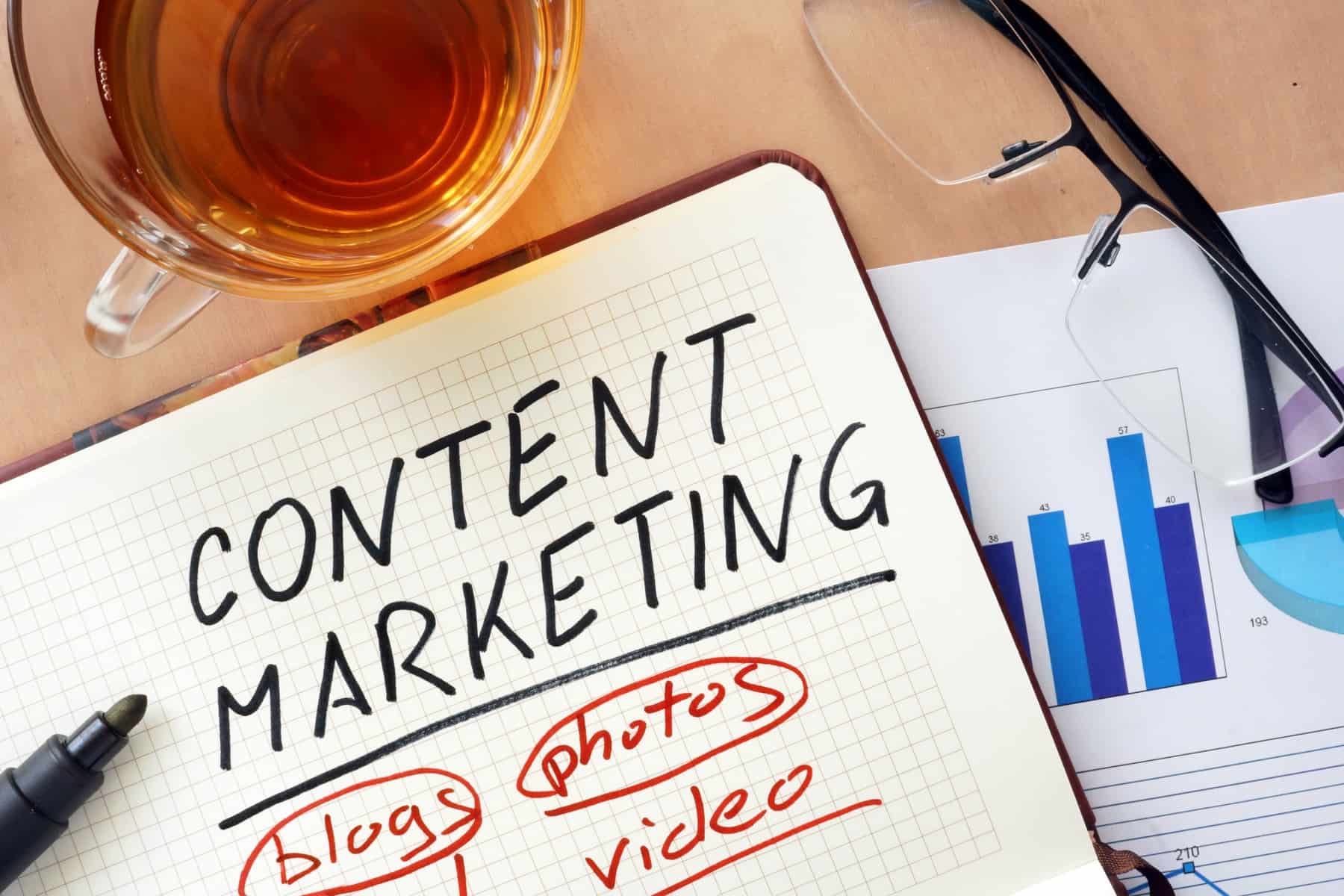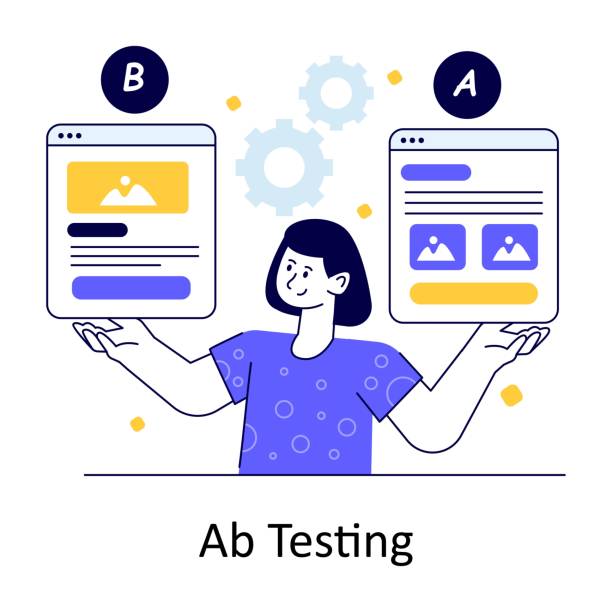
The Power of Content Marketing in Driving Event Success
Content marketing is like the ultimate strategy guide for event marketers and marketing specialists. It not only helps you attract attendees but also keeps them engaged before, during, and after your event. With the right content, you can build anticipation, foster connections, and extend the impact of your event well beyond its conclusion.
Here’s how to harness the power of content marketing to ensure your events don’t just succeed—they thrive.
1. Create a Buzz Before the Event
Why It Matters: Pre-event content sets the tone, builds excitement, and drives registrations. Without it, your event may go unnoticed in a sea of competing activities.
Strategies to Implement:
- Write Announcement Blogs: Publish posts that detail what makes your event special—highlight key speakers, unique activities, or exclusive perks.
- Develop Countdown Content: Use social media posts or email campaigns to create a countdown to your event, sharing sneak peeks of the venue, agenda, or swag.
- Introduce Speakers: Create posts, videos, or infographics that showcase the expertise and personalities of your event’s speakers or performers.
2. Optimize for SEO: Get Found by the Right Audience
Why It Matters: SEO ensures your event content reaches people who are actively searching for relevant topics. With a solid strategy, your event can gain visibility and drive organic registrations.
Strategies to Implement:
- Target Event Keywords: Use phrases like “marketing conference 2024” or “nonprofit fundraiser in Austin” in your blog titles, descriptions, and landing pages.
- Optimize Landing Pages: Create a dedicated event page with clear CTAs, optimized headings, and engaging meta descriptions.
- Leverage Local SEO: If your event is location-specific, include city or region keywords, and claim your Google Business Profile.
3. Engage Your Audience Leading Up to the Event
Why It Matters: Pre-event engagement ensures attendees are not only aware but also excited and ready to participate.
Strategies to Implement:
- Share Behind-the-Scenes Content: Post updates of event preparations, like setting up the stage or designing event materials, to give your audience an insider look.
- Run Interactive Campaigns: Poll your audience on topics they’d like covered, or ask what questions they’d like speakers to answer.
- Use Countdown Challenges: Challenge your audience to participate in themed activities leading up to the event, like sharing relevant posts or tagging friends.
4. Create Real-Time Content During the Event
Why It Matters: Real-time content boosts engagement, extends the reach of your event, and creates FOMO (fear of missing out) for those not in attendance.
Strategies to Implement:
- Go Live: Stream key sessions or moments on platforms like Instagram, Facebook, or LinkedIn.
- Capture and Share Moments: Post photos, quotes, or highlights from the event in real-time to keep followers engaged.
- Encourage User-Generated Content (UGC): Provide hashtags and prompts that motivate attendees to share their own event experiences.
5. Keep the Momentum Going Post-Event
Why It Matters: Post-event content keeps the conversation alive, fosters deeper connections, and builds anticipation for future events.
Strategies to Implement:
- Publish Recap Blogs: Summarize key moments, lessons learned, or standout quotes from the event to provide value to both attendees and those who missed it.
- Use Event Feedback to Inform Future Content: Did attendees focus in on 1-2 specific topics? Was there anything surprising that came out of the event that you could follow up on with additional crafted content? Get creative on your next steps by reviewing the event for future content ideas.
- Share Event Highlights: Use photos, videos, or testimonials to show what made the event special.
- Follow Up with Attendees: Send thank-you emails or surveys to attendees, offering exclusive content like presentation slides or bonus materials.
- Utilize Materials for Remarketing: Compile recap notes or event highlights into a piece of gated content to use for remarketing on social or search channels.
6. Foster Community Engagement
Why It Matters: Engaged communities are more likely to return for future events and advocate for your brand organically.
Strategies to Implement:
- Create a Community Hub: Start a Facebook group, LinkedIn community, or Slack channel for attendees to connect and discuss key takeaways.
- Share Post-Event Resources: Provide access to recordings, eBooks, or exclusive content that extends the value of the event.
- Highlight Attendee Stories: Feature attendee experiences on your blog or social channels to showcase the impact of the event.
7. Use Analytics to Refine Your Strategy
Why It Matters: Measuring performance helps you identify what worked, what didn’t, and where to improve for future events.
Strategies to Implement:
- Track Content Metrics: Monitor engagement rates, traffic to your event pages, and registration numbers to evaluate pre-event content effectiveness.
- Analyze Real-Time Performance: Review metrics like live stream views, social media mentions, or hashtag usage to gauge in-event engagement.
- Gather Feedback: Use surveys or social polls to understand attendee preferences and refine your approach for next time.
Content Marketing: The Catalyst for Event Success
Content marketing isn’t just a support tool for event promotion—it’s the engine that drives awareness, engagement, and loyalty. By strategically creating and sharing content before, during, and after your event, you can ensure your efforts resonate with your audience and lead to long-term success.
Want to craft a content strategy that makes your events unforgettable? Contact UnFair Advantage for expert guidance in creating content that drives results.

